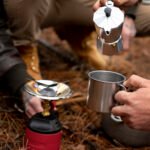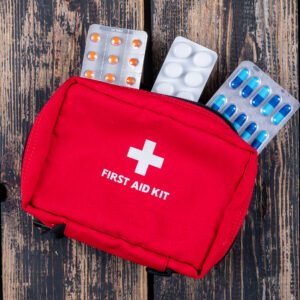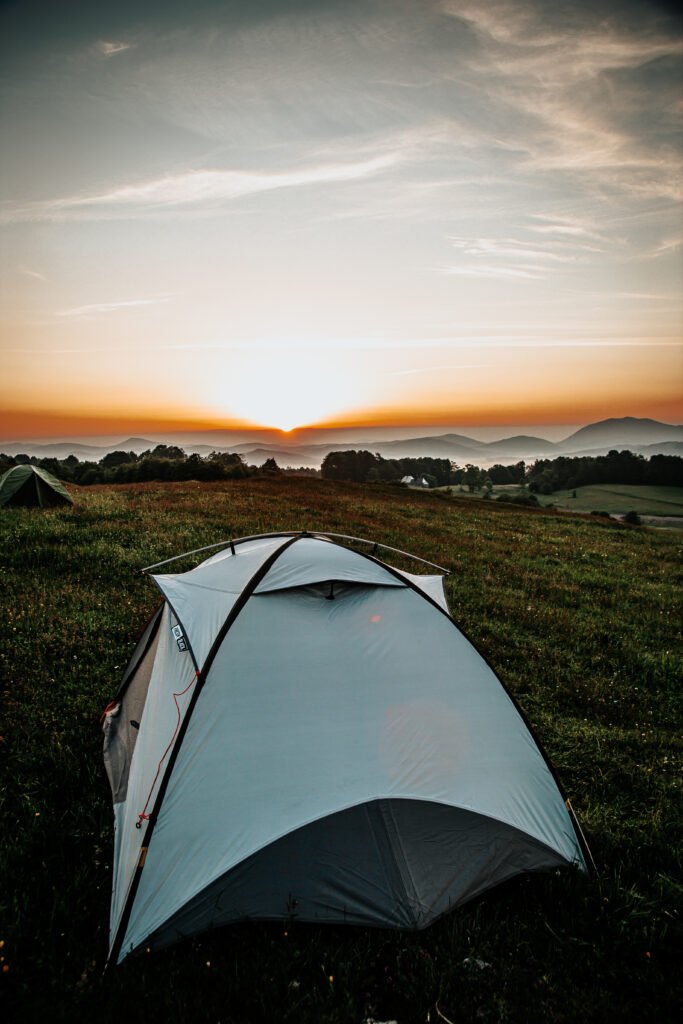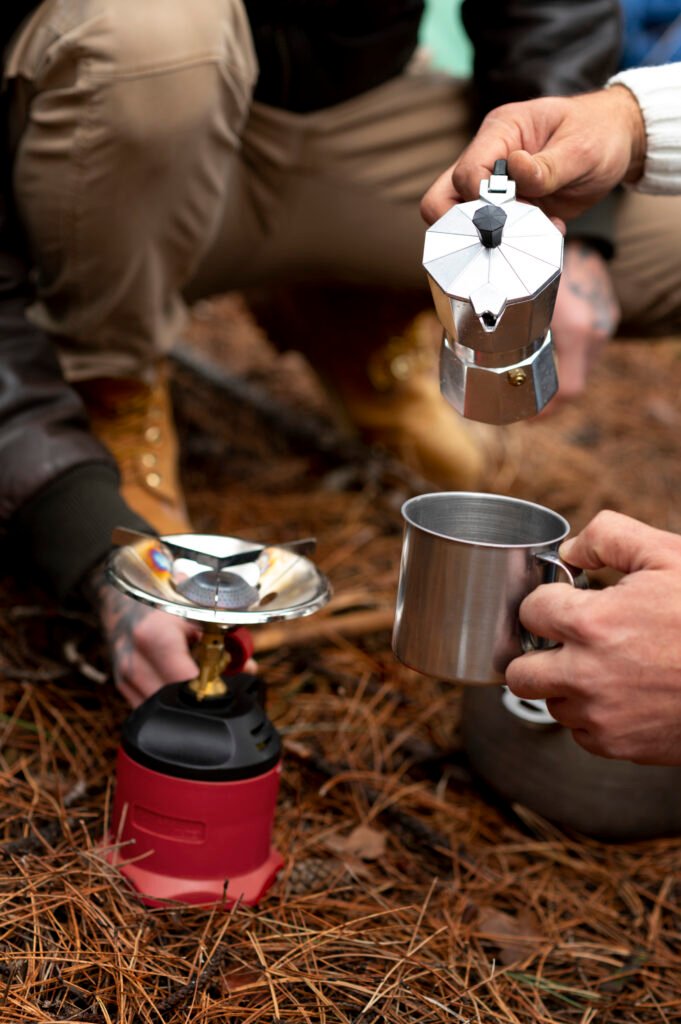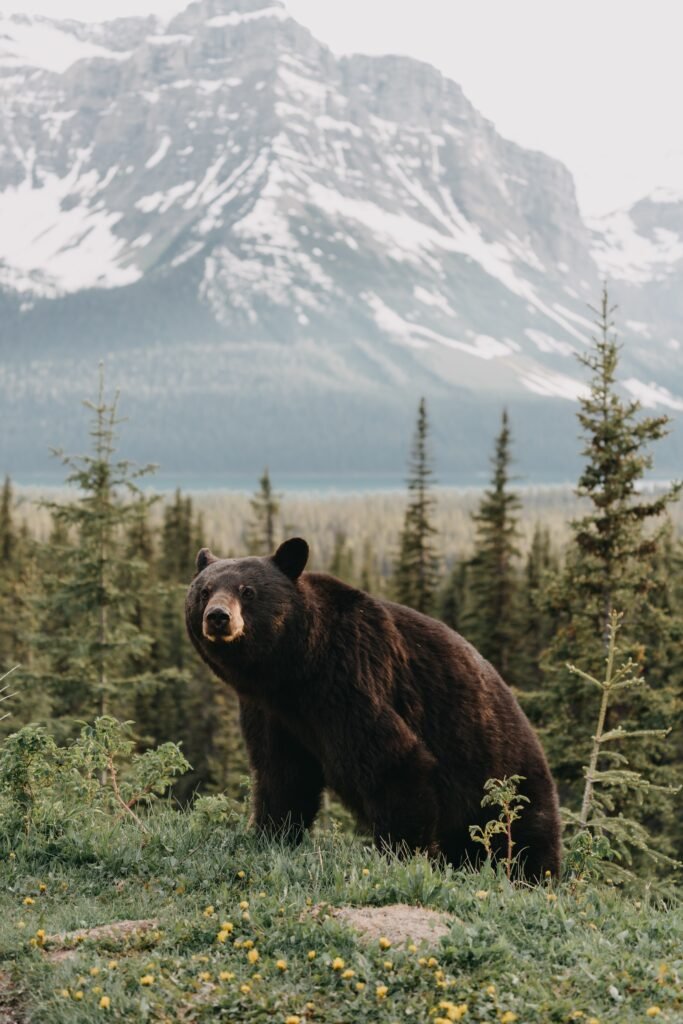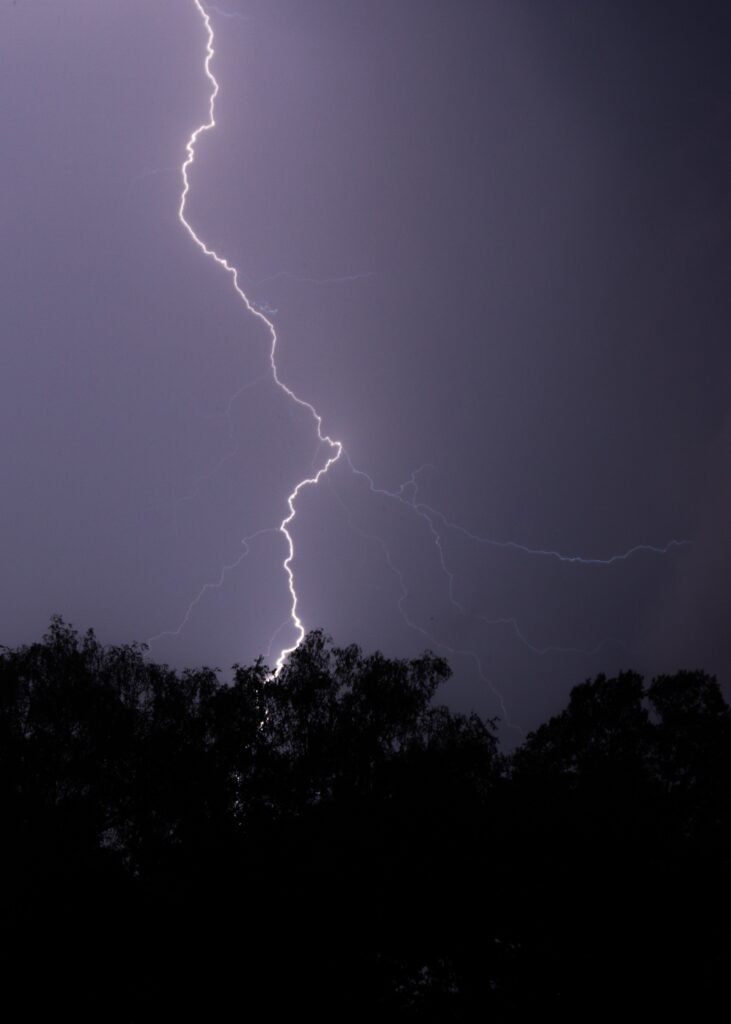Wild Encounters Made Easy: A Friendly Camper’s Handbook
Hello, nature lovers! Camping beneath the stars and immersing yourself in the great outdoors is truly unforgettable. But let’s face it—being in the wild means sharing space with wild animals, and that calls for some smart, respectful choices. The good news? With a bit of know-how and planning, you can safely enjoy your camping adventures while respecting the incredible wild life around you.
Before learning about wildlife encounters, it is essential to understand one thing: most wild animals want to avoid you as much as you want to avoid them. The key is to know how these wild animals behave, and how we have to be careful around them, and what precautions to take. There are several wilderness safety protocols to keep in mind for camping safety.
Golden Rules for Wilderness Safety
Know before you go
Before heading out, familiarize yourself with the terrain and watch for signs of wildlife activity, such as tracks or droppings, which can indicate animals are nearby. Occasionally, you might even spot dens—another clue that animals could be close—helping you stay cautious and alert.
Make noise while hiking
As you hike through wild terrain, make a bit of noise so animals know you’re on the way. Chat with your group, whistle, clap, or even wear a bell—especially near dense vegetation, along streams, or around blind corners where animals might not hear you coming. This simple habit gives wildlife a heads-up, helping them move away before you cross paths, and keeps your hike safer.
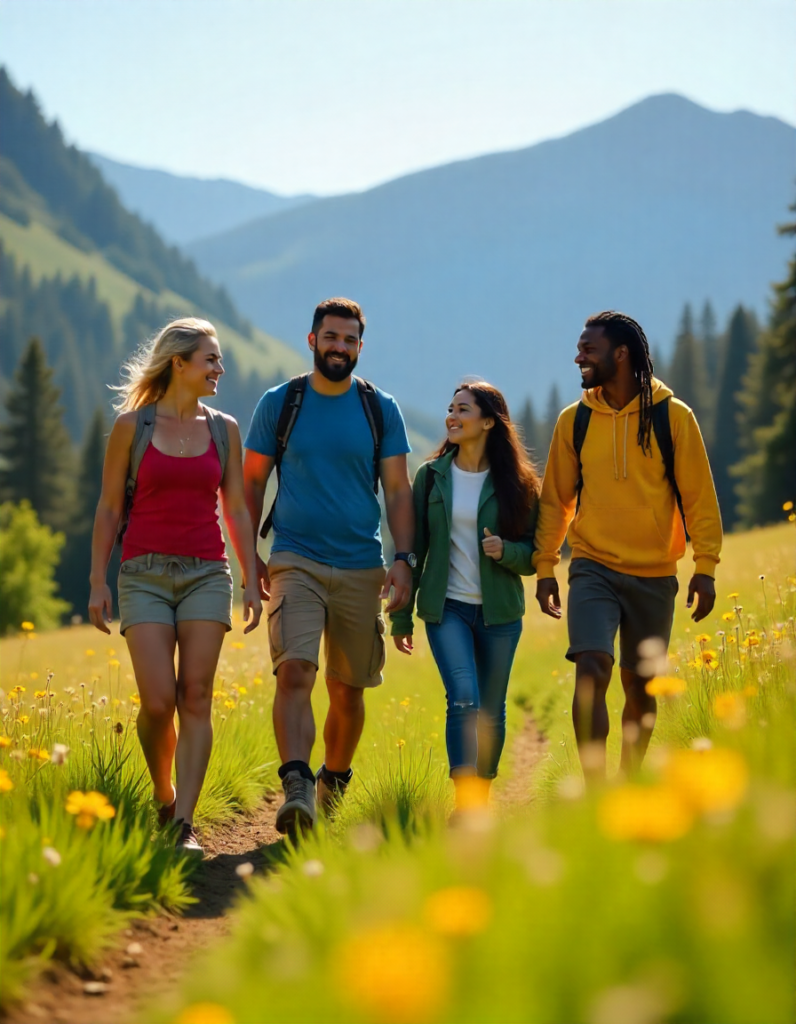
Don’t hike alone
Whenever you can, explore in a group—whether you’re hiking, biking, or enjoying any outdoor activity. It’s safer, more fun, and a great way to look out for one another. And of course, make sure adults are keeping an eye on the kids.
Keep the campsite clean
Bears have an incredible sense of smell, and food odors are the main reason they approach campsites. To avoid attracting them, store all food securely, clean up thoroughly after meals, and never leave scented items out. Keep the food and garbage in bear-proof containers or in your cars to prevent any sudden encounters. Responsible food handling is key to keeping wildlife—and yourself—safe.
Stay alert during dawn and dusk
Stay extra alert during dawn and dusk—these are prime hours for predator activity. Low light conditions make it harder to spot wildlife, and many animals use this time to hunt or move around undetected. If you’re hiking or setting up camp, keep noise levels up, travel in groups when possible, and avoid secluded areas. Awareness during these hours can make all the difference in staying safe.
What to do if you encounter specific wildlife?
Snake Encounter
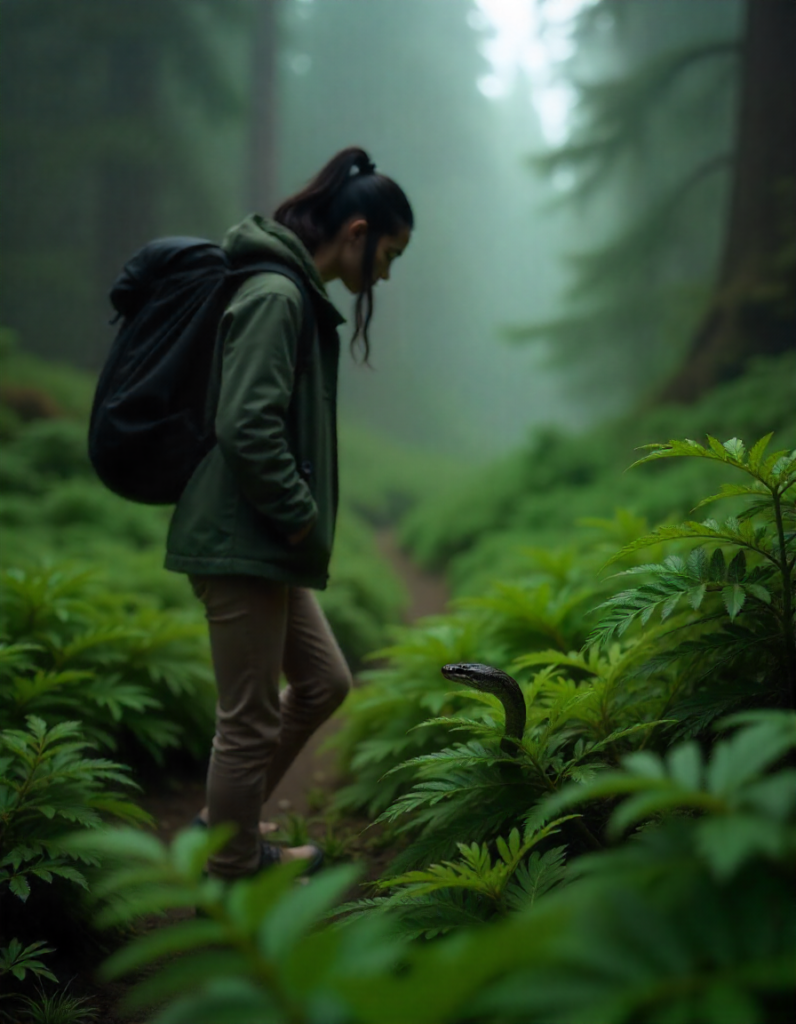
Snake encounters while camping are very common, but most snakes are very beneficial to the ecosystem and are not harmful.
Could you please keep your campsite clean to prevent snakes from visiting? If there are places to hide, like piles of leaves, shoes, blankets, stacks of wood, or open containers, then your campsite is most likely to attract snakes. These places become a safe hideout for these snakes.
The best camping practices to avoid snake encounters is
- Use a flashlight always when moving around in the nights
- Shake out shoes, blankets and sleeping bags in your tents before use
- Avoid thick bushy areas, or avoid roaming around in thick, tall grassy areas at night time
How to handle an encounter with a snake?
- Give space to the snake to escape slowly by stepping back
- Never attempt to harm a venomous snake, because they might be dangerous
- Understand that most snakes escape and flee away very quietly if given an opportunity
How to handle a snake bite?
- Do not panic and be calm
- Immediately rush to a doctor
- Try to remember the type or appearance of the snake that bit you for easy medical treatment
- Don’t cut the wound or try to suck out the venom
How to prevent bear encounters?
Storing food properly is very critical to prevent bears.
- Never store scented items or food items in your tent
- Have a separate place for cooking, which is at least a few yards away from where you sleep
- Hang the food almost 10 feet above the ground or store food in bear canisters
Make your presence distinctly felt
- Carry bells if you are walking in an unknown terrain in the wild
- Clap hands while walking
- Talk loudly or keep making noise
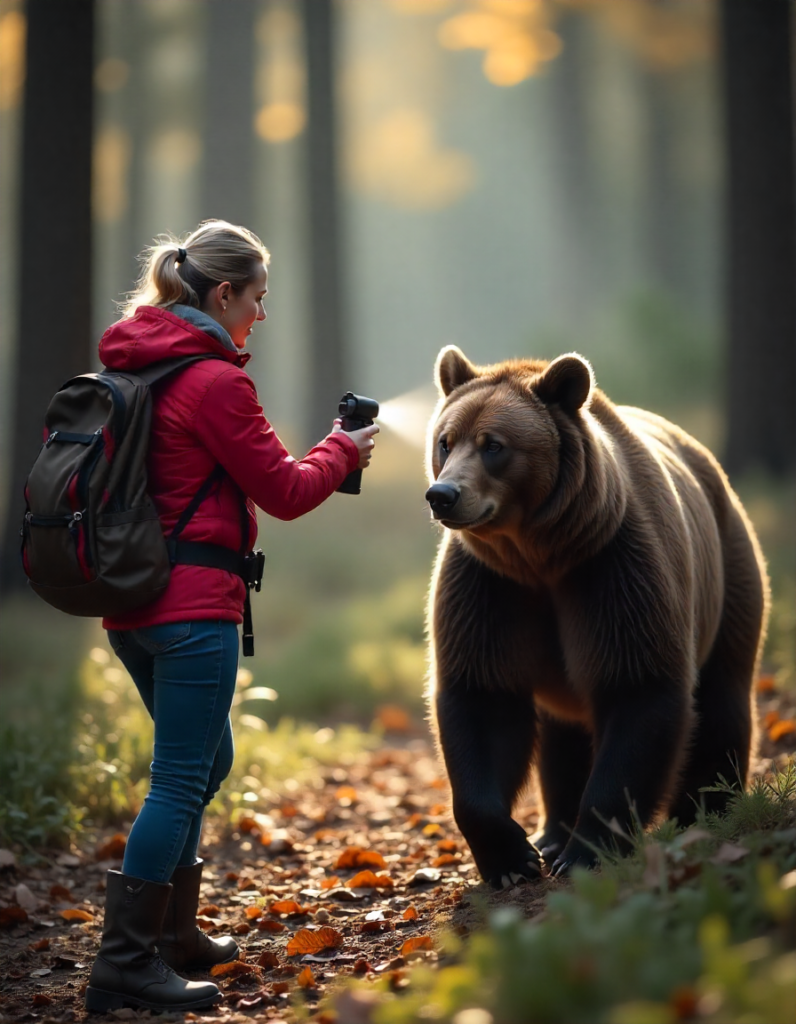
What to do if you encounter a bear?
- Stay calm, never turn your back or run
- Make a lot of noise by yelling or using an air horn
- Use bear sprays if they are just 20 to 30 feet away
- Try to calm the bear
What if a bear makes contact?
- For black bear – Fight back intensely with all your might and power
- For Grizzly bears – Lie calm, still and flat on your stomach as if you are dead, and cover the neck with your hands. Spread your legs to that it is impossible for the bear to flip you over
Mountain Lion prevention
Mountain lions encounters are rare, but you need confident and strong action if you encounter any.
Mountain Lion Safety: Prevention & Response
Trail Safety Tips from Seasoned Hikers:
- Make noise as you hike—talk, clap, or use a whistle. Lions prefer to avoid humans.
- Hike with a buddy or a small group whenever you can.
- Stick to marked, busy trails. Avoid hiking at dawn or dusk, the peak hunting times for mountain lions.
- Stay alert for warning signs like tracks, scat, or claw marks on trees.
If You Encounter a Mountain Lion:
Immediate Actions:
- Hold your ground—don’t crouch or turn away. Keep steady eye contact.
- Stand tall, raise your arms, or spread your jacket to appear larger.
- Never run. Back away slowly while facing the lion.
- Make yourself look big and intimidating.
- Use loud sounds—yell, clap, throw rocks, or wave your jacket.
If the Lion Approaches You:
If attacked, fight back with everything you have—aggressive resistance can drive a lion off.
Keep eye contact and continue making loud noises.
Toss objects in its direction, but avoid bending over.
Wilderness preparation Essentials
- First Aid kit with Snake bite preparedness essentials
- Air Horns and Whistles
- Fire Arms and Bear Sprays
- Bright Flashlights
How to stay safe from Wild Life while camping?
- Stay confident but not aggressive
- Carry all essentials required to prevent and counter wild life
- Study the animals in those areas where you go
- If you are taking kids with you, teach them how to act wisely during wild life encounters
- Practice bear spray usage at home
Conclusion
Each wildlife encounter is different—there’s no single response that guarantees safety every time. What truly makes the difference is preparation, awareness, and showing respect for the animals whose habitat you’re entering.
Wildlife encounters don’t have to be intimidating or stop you from enjoying the outdoors. With solid preparation, the right gear, and an understanding of how to react, you can explore the wilderness with confidence while keeping both yourself and the animals safe.
Experienced campers often stress prevention first: secure your food, make noise so animals know you’re there, and stay alert. These simple steps can prevent most dangerous wildlife encounters from happening at all.
So pack wisely, review these safety tips, and embrace the adventure. The memories you’ll create in the wilderness with friends and family are worth cherishing when you have taken the right precautions to keep you and your dear ones safe.

